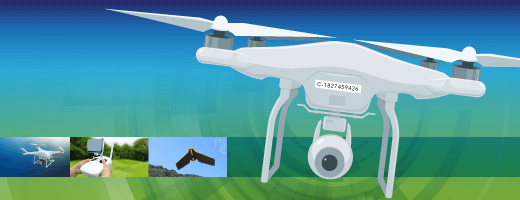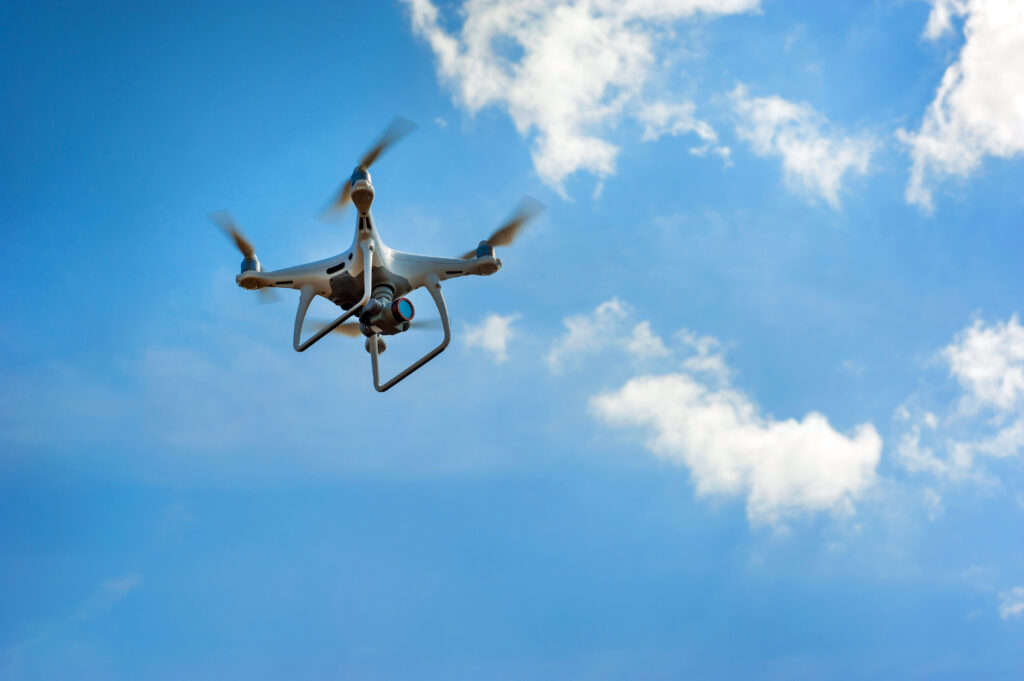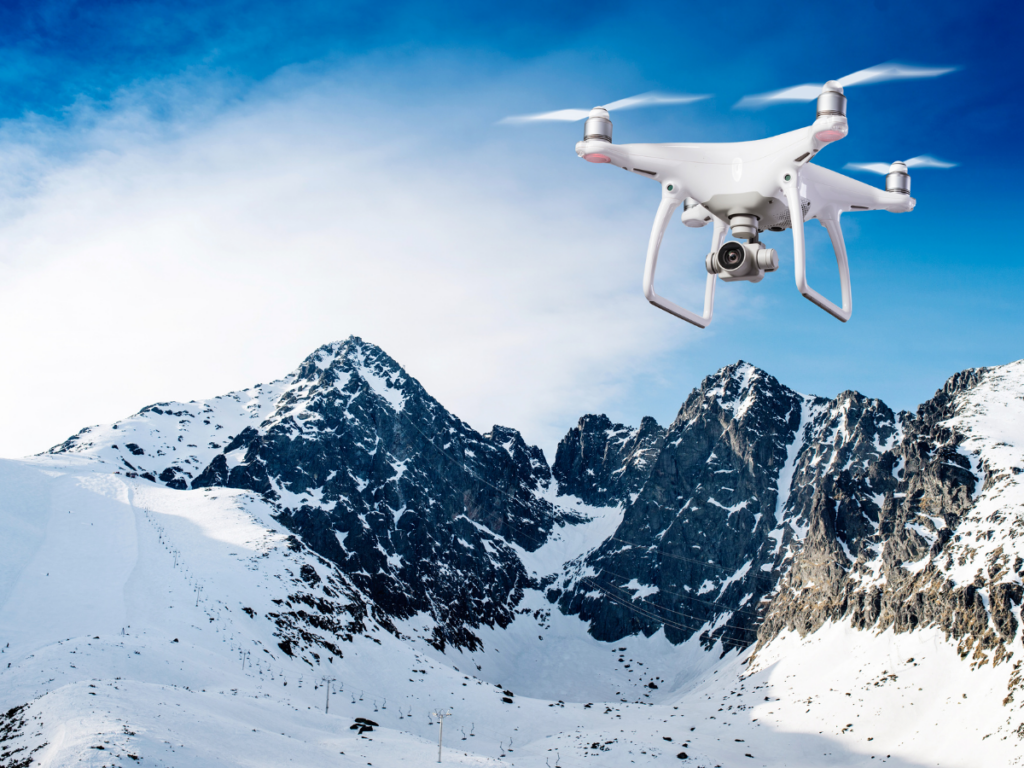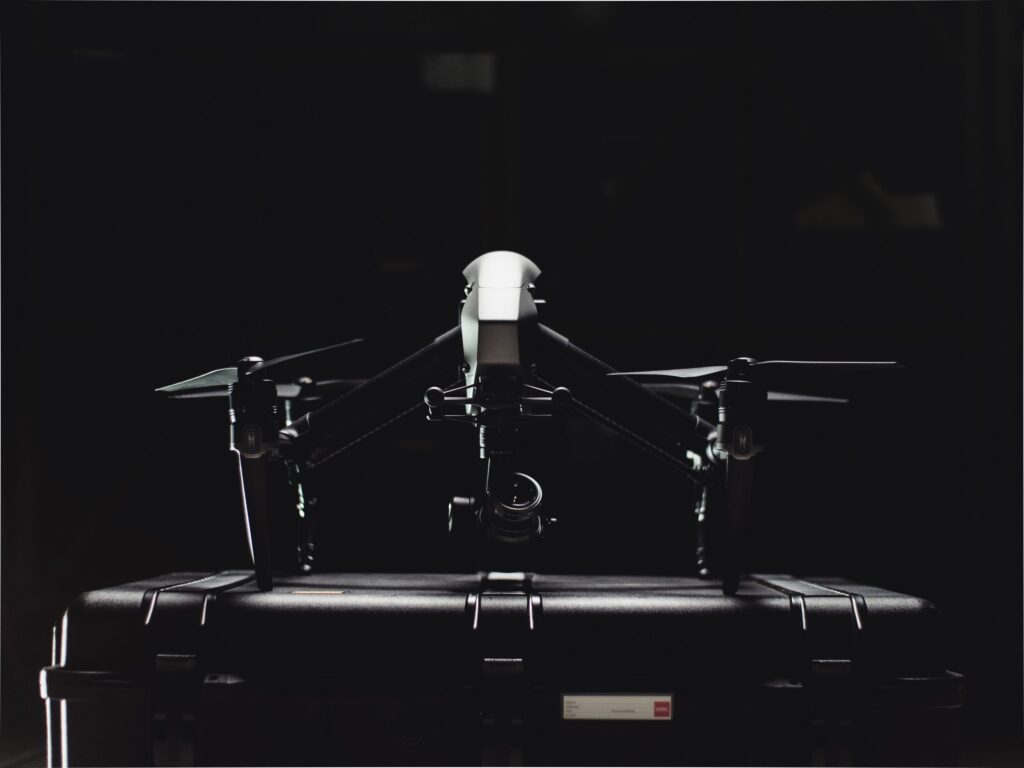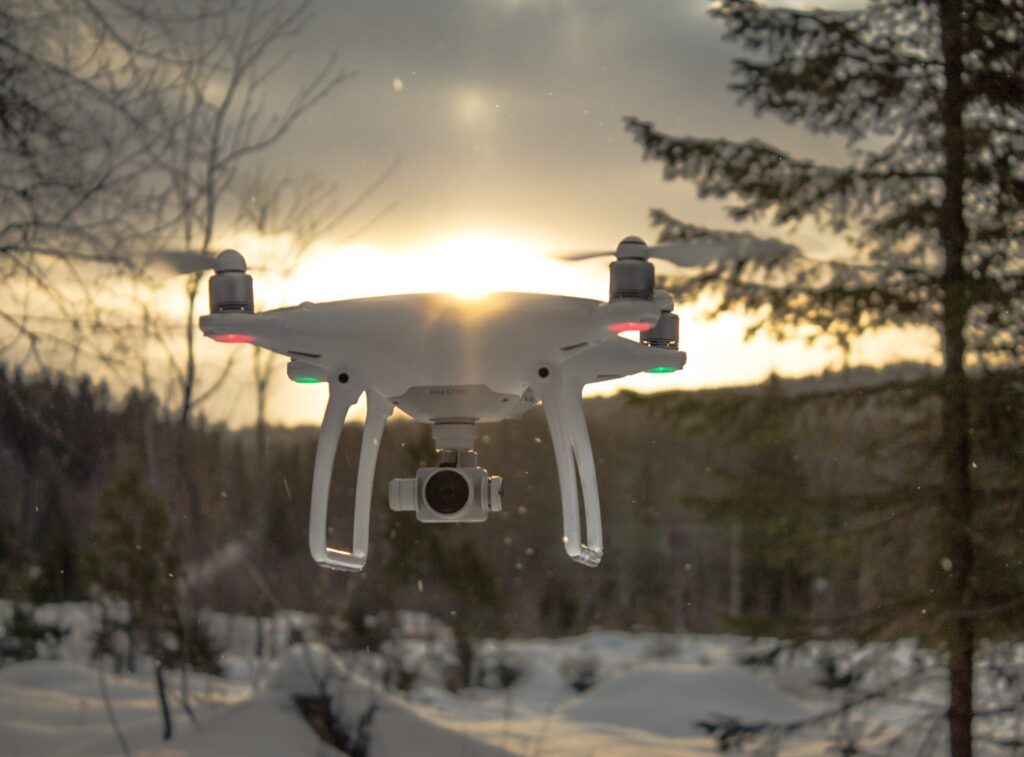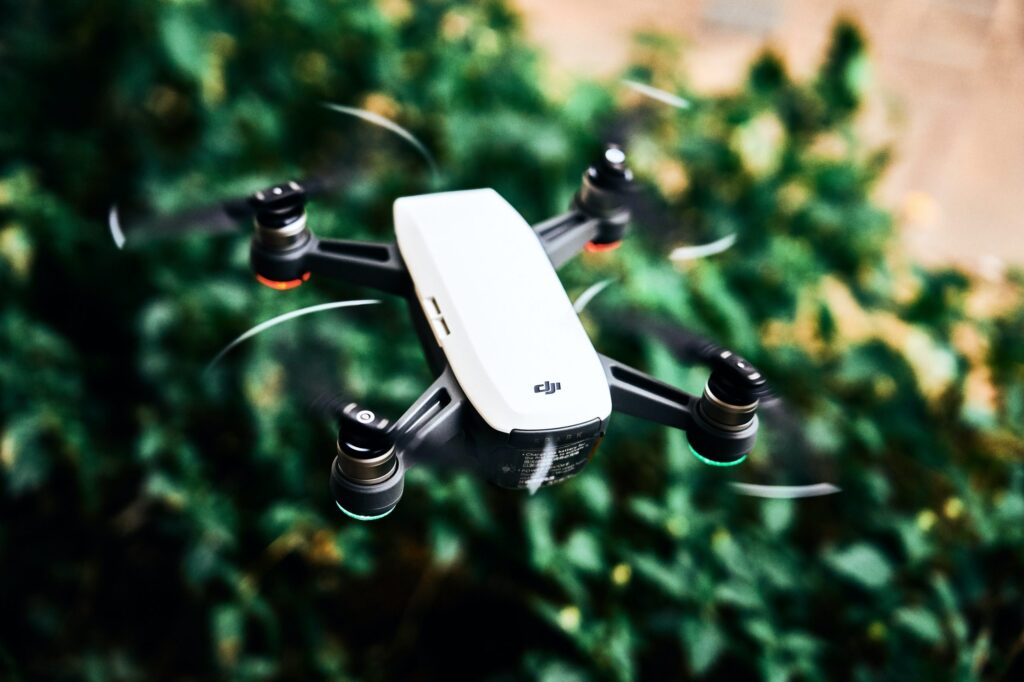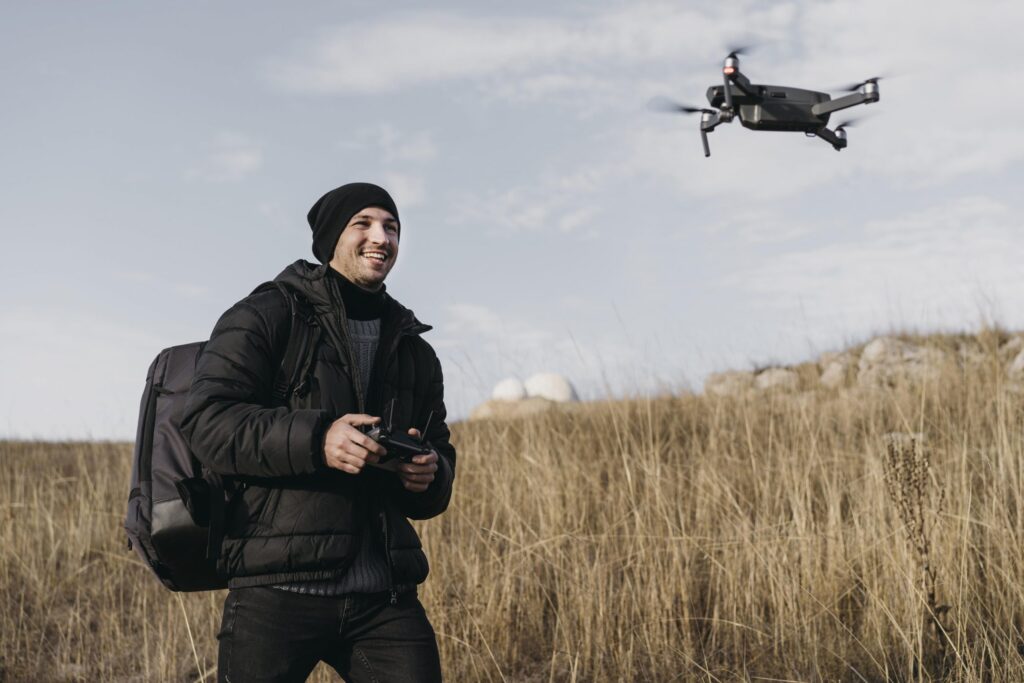If you currently own a drone, or you plan on buying one in the near future, make sure you are aware of the current rules and regulations and have the proper drone registration. Doing so will let you avoid problems and fines and enjoy your drone to the fullest.
Drone Laws in Canada
It is legal to fly drones in Canada, but you have to make sure you are abiding by the laws to do so safely. Below are some of the rules that you’ll need to be aware of to reduce the risk of getting in trouble or fined when flying a drone.
Drones Must be Registered
If the weight of the machine falls between 250g and 25kg, you have to register it with Transport Canada. You must also make sure that your registration number is marked on your drone before you fly. You are also required to get a drone pilot certificate.
Certifications
There are two types of certification you can get to fly a drone: basic and advanced. If you have a basic certification, you are allowed to fly your drone in uncontrolled airspace and more than 30m from bystanders and never over bystanders. If you want to get an advanced certification, this will allow you to fly in controlled airspace, over bystanders, and within 30m of bystanders. Both certificates require you to pass an exam. For the advanced certificate, you must also be able to pass an in-person flight review. These are often conducted at a drone flight school. No matter which certificate you get, you must be able to show your certificate at any time if you are asked. If you are unable to produce it, you may be fined for illegally flying your drone.
Drone Flight
If you have properly registered your drone and have your pilot certificate, you are then ready to take your drone out to fly it. However, you must make sure that it is always within your sight. You must also fly it below 122m and at least 30m away from bystanders for basic operations. You can’t fly your drone near emergency operations or advertised events. If you have a basic pilot certification, you have to avoid forest fires, parades, and concerts with your drone. You can’t fly within 5.6 km of airports or 1.9 km of heliports. You also have to keep the drone away from other aircraft. There are some places in Canada that are considered “No drone zones.” These are areas or spaces where it is illegal or unsafe to fly your drone. These include around airports or aerodromes, in national parks, over border crossings, and in busy, populated areas. The exception to this rule is if you get permission from Transport Canada. Then you may be able to fly your drone in the “no drone zones.”
Fines You Can Face
If you get caught flying a drone that you haven’t placed in the drone registration, you could be fined up to $5,000. This amount usually applies to commercial users, with fines of $1,000 being imposed on individual flyers. To reduce the chances of getting these fines imposed, take the time to register your drone and obtain the proper certification.
Obtaining Certification and Drone Registration
When it comes to laws that pertain to flying drones, they can change at any time. You cannot use the excuse that you didn’t know what the current rules and regulations are. If you want to stay up to date, make sure you have the proper drone registration, or get certified, then contact Drone Pilot Training for the information and courses you need to stay in compliance with the law.

